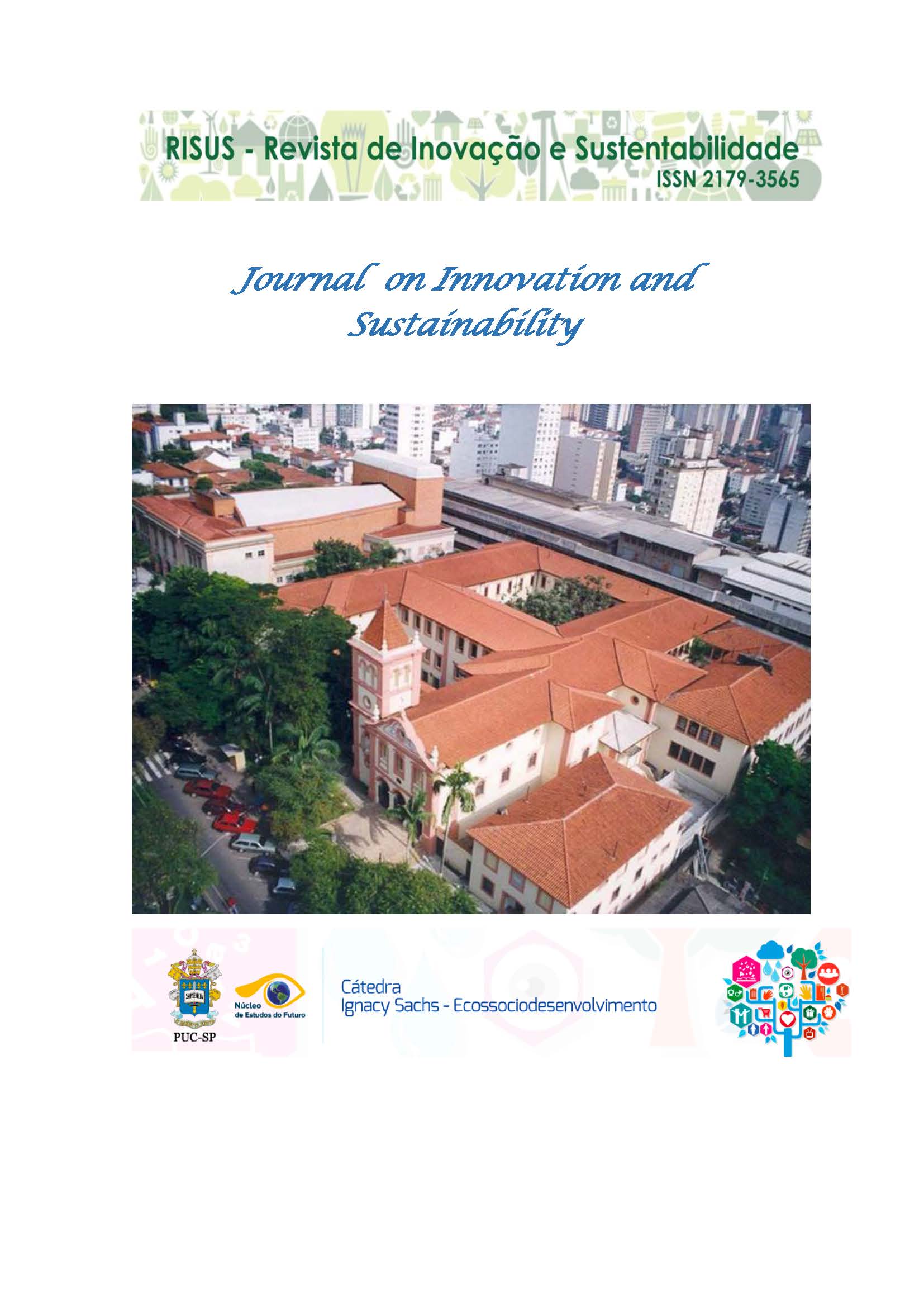Possible links between smart tourism destinations and the UN SDGS
DOI:
https://doi.org/10.23925/2179-3565.2025v16i1p62-73Keywords:
Sustainable Development Goals, Smart Tourist Destinations, Tourism recovery, BenidormAbstract
The purpose of this article is to present the possibilities that the Sustainable Development Goals (SDGs) bring to the sustainable management of Smart Tourist Destinations (DTI), specifically in Benidorm, Valencian Community, Spain. The actions that Benidorm has carried out in this area are presented, which can serve as a model for other tourist destinations. Benidorm is the first tourist destination in the world to receive DTI certification, which is why this relevant destination was chosen for this research. Methodologically, the research is qualitative and exploratory and the technique of bibliographic survey and documentary research was used, in which it can be seen that the city presents some actions for the application of the SDGs. The results allow us to conclude that even though it is a DTI, Benidorm still needs to develop more actions related to the SDGs. It was also observed that there was a lack of actions to address the themes of gender equality, climate change, the end of poverty and quality education.
References
BENIDORM. Certificado DTI Benidorm. 2018. Disponível em: https://contenidos.benidorm.org/sites/default/files/descargas/2021-04/certificado_dti_benidorm_2018.pdf. Acesso em: 20 out 2021.
Benidorm, A. Resumen Ejecutivo Plan Director Benidorm DTI. Benidorm ES. 2018.
Benidorm, A. Resumen Plan de Sostenibilidad Turistica en Destino. Benidorm. 2020.
Buhalis, D. A. Smart Tourism Destinations. In information and communication Technologies en Tourism. Ireland: Anais […] Proceedings of International Conference in Dublin, 2014.
Butler, R. W. Sustainable tourism: A state of the art review. Tourism Geographies, v. 1, p. 7-25, 1999.
Gerhardt, T. E. Métodos de Pesquisa. Porto Alegre: Editora da UFRGS, 2009.
Gretzel, U. et al. Smart tourism: foundations and developments. Journal of Smart Tourism, v.1, p. 179-188, 2015.
Guterres, A. Agenda2030. Conheça a Agenda 2030. Conheça o plano de ação global para mudar o mundo até 2030. 2015. Disponível em: http://www.agenda2030.org.br/sobre/ . Acesso em: 13 ago 2021.
INVAT-TUR. Destinos Turísticos Inteligentes Comunitat Valenciana. 2014. Disponível em: INVATTUR.ES: https://www.invattur.es/destinos-turisticos-inteligentes-comunitat-valenciana/ . Acesso em: 14 jul 2021.
Ivars-Baidal, J. A. Measuring the progress of smart destinations: The use of indicators as a management tool. Journal of Destination Marketing & Management. v. 19, p. 531 - 551 , 2021.
López de Ávila, A. et al. Smart Destination. Informe destinos turísticos inteligentes: construyendo el futuro. Madrid, España: Ministerio da Industria, Energia y Turismo. septiembre de 2015.
MINISTERIO DA INDUSTRIA. Estrategia de sostenibilidad turística en destinos. Disponível em: https://turismo.gob.es/es-es/estrategia-turismo/Paginas/estrategia.aspx Acesso em 20 jul 2021.
Munasinghe, M. Can Sustainable Consumers and Producers Save the Planet? Journal of Industrial Ecology, 2010. Disponível em: https://onlinelibrary.wiley.com/doi/10.1111/j.1530-9290.2009.00215.x Acesso em 25 ago 2021.
NAÇÕES UNIDAS. Resolución aprobada por la Asamblea General el 25 de septiembre de 2015. Asamblea General. Disponível em: https://unctad.org/system/files/official-document/ares70d1_es.pdf Acesso em: 20 ago 2021.
Nolasco-Cirugeda, A.; Martí, P.; Ponce, G. Keeping mass tourism destinations sustainable via urban design: The case of Benidorm. Wiley Sustentable Development, v. 28, n.5 , p. 1289 - 1303, 2020.
OECD - ORGANISATION FOR ECONOMIC CO-OPERATION AND DEVELOPMENT . Managing tourism development for sustainable and inclusive recovery. OECD Tourism Papers. 2021.
SANTA ANA, A. G. Turismo brasileiro 4.0: do analógico ao digital. A digitalização e a mudança na venda de "pacotes" de viagens nas operadoras de turismo do Brasil. Rio de Janeiro: Dissertação (Mestrado em Gestão Empresarial) Fundação Getúlio Vargas. 2019.
Soares, J. C.; Ivars-Baidal, J. A.; Gândara, J. M. Dinámica Evolutiva y Path Dependence en los Destinos Turísticos Litorales. El papel y la percepción de los agentes locales desde una perspectiva comparada. Estudios y Perspectivas en Turismo, v. 25, p. 164-185, 2016.
Tjolle, V. G20 and Gree Growth: China can lead says. World Tourism Organization UNTWO. 2009.
WORLD TOURISM ORGANIZATION - UNTWO. Turismo e os Objetivos de Desenvolvimento Sustentável. Brasília, DF, Brasil: Ministério do Turismo. 2019.
WORLD TOURISM ORGANIZATION - UNTWO. Turismo e os Objetivos de Desenvolvimento Sustentável. World Tourism Organization. 2019.
WORLD TOURISM ORGANIZATION - UNTWO. La visión de one planet para una recuperación responsable del sector turístico. Organización Mundial Del Turismo. 2020.
Valenciana, G. 100 Recomendaciones para los destinos turisticos de la Comunitat Valenciana. Comunitat Valenciana, Espanha. 2019.
Valenciana, G. Análisis de Implantación de Medidas Frente a los ODS Benidorm. Benidorm. 2020.
Zhang, L. L. On the basic concept of smarter tourism and its theoritical system. Tribune Tourism, v. 18, p. 66-73, 2012.

Downloads
Published
Issue
Section
License
This Journal is licensed under a Creative Commons Attribution-Non Commercial-No Derivers 4.0 International license.
1.The author (s) authorize the publication of the article in the journal;
2.The author (s) warrant that the contribution is original and unpublished and is not in the process of being evaluated in other journal (s);
3. The journal is not responsible for the opinions, ideas and concepts emitted in the texts, as they are the sole responsibility of its author (s);
4. The editors are entitled to make textual adjustments and to adapt the articles to the standards of publication.

